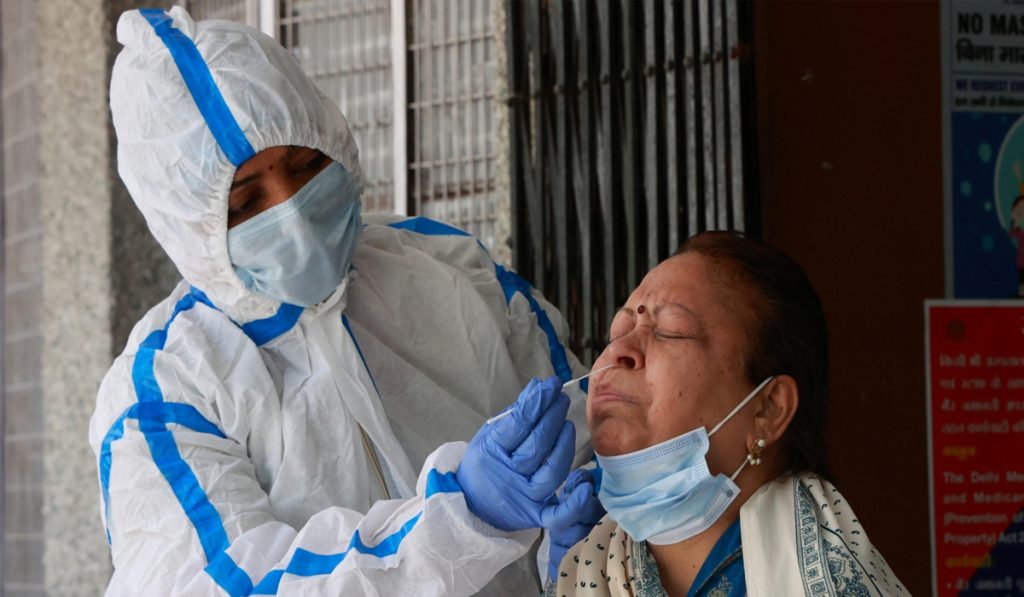Calling it a “gross and misleading overestimate”, the Union government on Saturday refuted claims of excess mortality during the Covid-19 pandemic in India, as stated in a study led by Indian-origin researchers from Oxford University and published in the US-based academic journal Science Advances.
The study showed that India experienced 17 percent higher or 1.19 million more deaths in 2020 than the previous year eight times higher than the official number of Covid deaths in India, and 1.5 times higher than the World Health Organization’s estimates.
The findings “are based on untenable and unacceptable estimates. The paper published today is methodologically flawed and shows results that are untenable and unacceptable,” the Ministry of Health and Family Welfare (MoHFW) said.
Deaths in India “increased by 4.74 lakh in the year 2020 compared to 2019,” said the ministry, sharing data based on the “highly robust” Civil Registration System (CRS) — a national portal for registering birth and death events. “There was a similar increase of 4.86 lakh and 6.90 lakh in death registration in the year 2018 and 2019 over the respective previous years,” it added.
It noted that all excess deaths are not attributable to the pandemic and may include mortality due to all causes. The increase is also due to “an increasing trend of death registration in CRS (it was 92 per cent in 2019) and a larger population base in the succeeding year,” the MoHFW said, adding that India recorded “about 5.3 lakh deaths due to Covid-19.”
Further, the ministry slammed the authors’ claim to follow the standard methodology of analysing the National Family Health Survey-5 NFHS-5). “There are critical flaws in methodology,” as the study is based only on 23 per cent of households from part of 14 states from the NFHS survey between January and April 2021. “It cannot be considered representative of the country”, it said that the “nature of the estimates is erroneous.”
